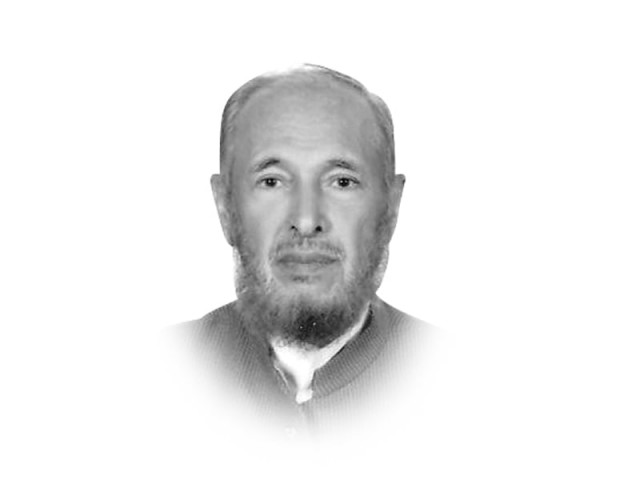Triumph of populism in Indian state elections
Results came as a surprise to many, given the economic hardships faced by the people in the post-pandemic environment

The Bharatiya Janata Party (BJP) has clinched a historic victory in the battleground state of Uttar Pradesh (UP). In a first in the Indian electoral history, Yogi Adityanath is set to become the chief minister of UP for a second successive term.
In the five states where elections were held — Uttarkhand, Manipur, Punjab, Goa and UP — the BJP has won four, with Punjab going to Aam Admi Party (AAP).
The results came as a surprise to many observers, given the economic hardships faced by the people in the post-pandemic environment. Attention was mainly focused on UP where the incumbency factor was thought to work against the BJP whose CM was seeking another term. About 150 million voters went to the polls in the country’s most populous state, resulting in an unprecedented victory for BJP.
What is it that led to this victory? It was Prime Minister Narendra Modi’s appeal to Hindu voters that worked. A fusion of religion and politics was marketed successfully, with Modi projected as the guardian of the rights of Hindus. Some 70% of BJP supporters belong to lower castes that are not regarded as equal in terms of rights with other castes of Hindu faith. Modi and Adityanath presented themselves as fighters and advocates for not only securing the ‘genuine’ rights of the majority Hindu population but also for ensuring they alone are the arbiters of the destiny of India.
However, in doing so, the BJP leaders have put the secular foundations of Indian democracy at stake. Garnering support on the slogan of Hindu majoritarianism does work for immediate gains, but in the process it also sows the seeds of discord, hatred, acrimony and polarisation, thereby threatening to wreak havoc with the foundations of a multi-cultural and multi-ethnic society like India which is already faced with ‘movements’ for freedom in a number of states. Antagonising the Muslim community of India, which constitutes around 15% of the total, would not help the country gain stability.
Even though every fifth voter in UP was a Muslim, the BJP did not field a single Muslim candidate for the more than 400 seats of Legislative Assembly, clearly demonstrating its communal and racial orientation and credentials. There are many areas in the state where Muslims are in majority. Even in those Muslim-majority areas, party tickets were awarded to non-Muslim candidates. Reacting to this, the majority of Muslim voters lent support to Samajwadi Party. That did result in Samajwadi Party security more votes, but not enough to beat the BJP.
Another reason for the stunning BJP victory is the lack of leadership in the Congress party that has been nearly decimated in some states. Congress, with its tradition of secularism, pluralism and democracy, has long been supporting Muslims whenever their security or interests are threatened. But with Congress no longer capable of attracting the masses, the minorities in India are feeling insecure and unsafe. This does not augur well for a big country whose biggest minority faces an uncertain future.
But while there is a question mark on the future of India as a vibrant, democratic country, the BJP is expecting the prevailing political trend to persist till the 2024 general election. Modi and Adityanath have emerged as formidable political personalities in India thriving on the growing wave of Hindu nationalism. This is alarming for those aspiring to see India stay secular for the sake of unity among an ethnically diverse population. The rise of autocrats like Adityanath on India’s political landscape does not augur well for the future of South Asia too. Equally worrying is how millions of Indians can be so easily swayed by populist slogans of the ascendance of Hindu nationalism; and how the forces of secularism, pluralism and tolerance have retreated in the face of an onslaught by religious bigots.
What is happening in India is a cause for concern for the entire region. The Hindu right wing juggernaut needs to be checked not by ferocious ideological counterattacks but by forging closer contacts so that the forces of tolerance can begin to penetrate all strata of society. To put India back on track of pluralism devoid of religious fanaticism is a difficult task but one that has to be accomplished if a dangerous polarisation of society is to be averted.
Published in The Express Tribune, March 22nd, 2022.
Like Opinion & Editorial on Facebook, follow @ETOpEd on Twitter to receive all updates on all our daily pieces.














COMMENTS
Comments are moderated and generally will be posted if they are on-topic and not abusive.
For more information, please see our Comments FAQ